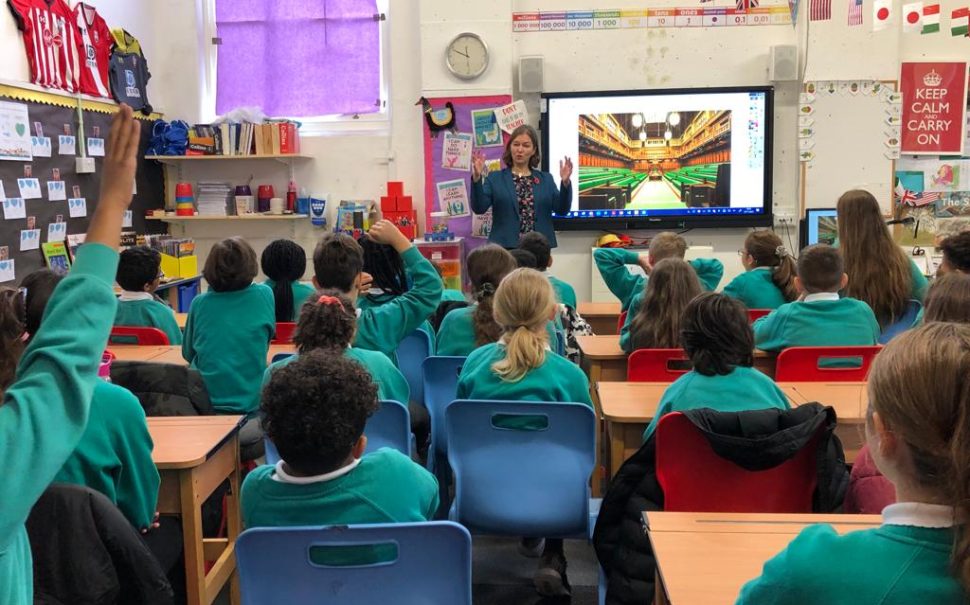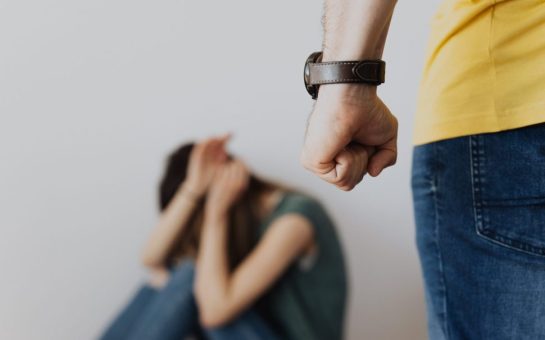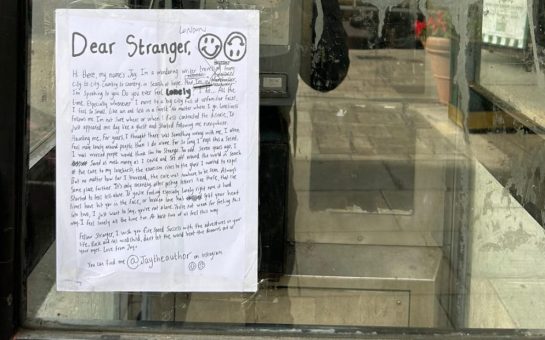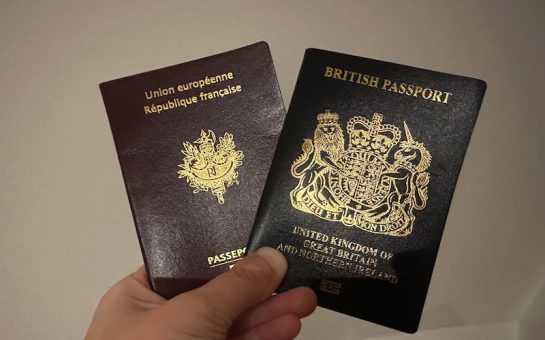Chancellor Rachel Reeves confirmed plans to abolish the two-child benefit cap, which is set to lift around half a million children from poverty, during today’s budget announcement.
The controversial welfare policy, introduced by the Conservative government in 2017, means parents can only claim universal credit or tax credits for their first two children, and has been widely criticised for penalising larger low-income families.
It will now be removed in April 2026, bringing 450,000 children out of poverty by the end of this Parliament, according to the government’s Department for Work and Pensions.
Campaigners and think tanks which have long called for the cap to be lifted celebrated Reeves’ announcement, citing the positive impact it will have on families across the UK.
The charity Alliance 4 Children had sent two advisory letters, containing signatures from more than 75 MPs and peers between them, to the prime minister, chancellor, and secretaries of state over the past month, as part of its longstanding campaign to have the cap removed.
Its CEO, Paul Wright, said: “It was the best way to truly help children that were below the poverty line.
“We were in a situation where another 100 children fell into that trap almost every day — in part because of the two-child limit.
“But lifting the cap means children will go to school with food in their bellies. It means children will go to school warm. It means they will have a bed.
“Many families will now have the ability to survive.”
Wright added that the extra financial support for low-income families will also benefit the communities in which they live.
He explained: “Some people think this money just disappears, it doesn’t, families spend it on things they need, and it goes directly into the local environment.
“This was the part of the budget that could really make a difference — not just for children and families, but for the longevity of this country.”
In January, charity and research organisation The Joseph Rowntree Foundation reported that one in five people in the UK, including more than four million children, were living in poverty.
Lifting the two-child benefit cap is seen as a crucial step towards reducing that number, though campaigners like Wright have also expressed a need for the government to remove the household benefit cap — a limit on the total amount of welfare benefit that working-age households can receive.
Alliance 4 Children estimates that lifting this second benefit cap would bring an additional 141,000 children out of poverty.
The Office for Budget Responsibility has forecast the cost of removing the two-child limit to be £3billion annually.
Organisations like Alliance for Children and the Institute for Public Policy Research (IPPR) have estimated it would cost between £400million and £1billion extra to remove the household cap as well.
They also point out that alleviating child poverty produces additional economic benefits that are often absent from public debates on welfare policy.
IPPR associate director for public services Avnee Morjaria said: “People don’t realise that poverty costs money. There are extremely convincing moral arguments for removing these kinds of caps, but there are also strong economic arguments for intervening in poverty early.”
One example, Morjaria explained, is that children growing up in poverty have lower attainment levels at school, often due to factors like hunger, stress caused by food insecurity, and a lack of suitable home environments in which to work, with this affecting their long-term contribution to the economy.
She said: “There are all sorts of erosive effects of poverty on children which mean they do less well at school.
“That then impacts the kinds of jobs they’re able to get, which affects the amount of tax they pay into the economy.”
The IPPR estimates that removing the two-child and household benefit caps, and subsequently elevating more than 600,000 children out of poverty, would generate an additional £39billion for the economy over the course of those children’s lifetimes.
Morjaria added: “The other side is that some of those children growing up in poverty may end up on Universal Credit or other types of welfare — so there’s a direct cost to the system.
“Children living in poverty are also more likely to need support in future life, in terms of things like health services. There’s a lot you can do in terms of prevention that’s much cheaper than intervening at crisis point.”
James Burton, project director at Feed London, an initiative that distributes healthy meals to families in need during school holidays, told the South West Londoner its programme is supporting 60% more families than it was in December 2020.
While acknowledging a variety of factors that fuel the growth in poverty levels, he asserted that the two-child cap has contributed to the increasing demand for Feed London’s services.
Burton said: “A lot of our families have more than two children, and they’re pretty much all on Universal Credit, so the cap would have had a tremendous impact on their living conditions. It definitely pushes families into poverty.
“But the thing I was most acutely aware of was that it took away dignity. It took agency away from families, and there was a stigma attached to it. A few of our families said that.
“You see huge amounts of trauma, loneliness, and isolation — even depression and feelings of worthlessness. It’s just awful.
“I think it has some attachment to the poverty that they’re facing, and that poverty is definitely exacerbated by the two-child cap.”
Burton added that, while the removal of the cap is a cause for celebration, he was disappointed that it took the government so long to act — noting that the Labour Party will have been in power for almost two years by the time its abolition comes into effect next April.
He said: “It was like an unfair tax; it was really gross. How it was allowed to remain in place for so long, I do not know.
“But it’s a fabulous thing that it has been lifted. Poverty is corrosive for humans.”
Feature image credit: Mercy Haggerty





